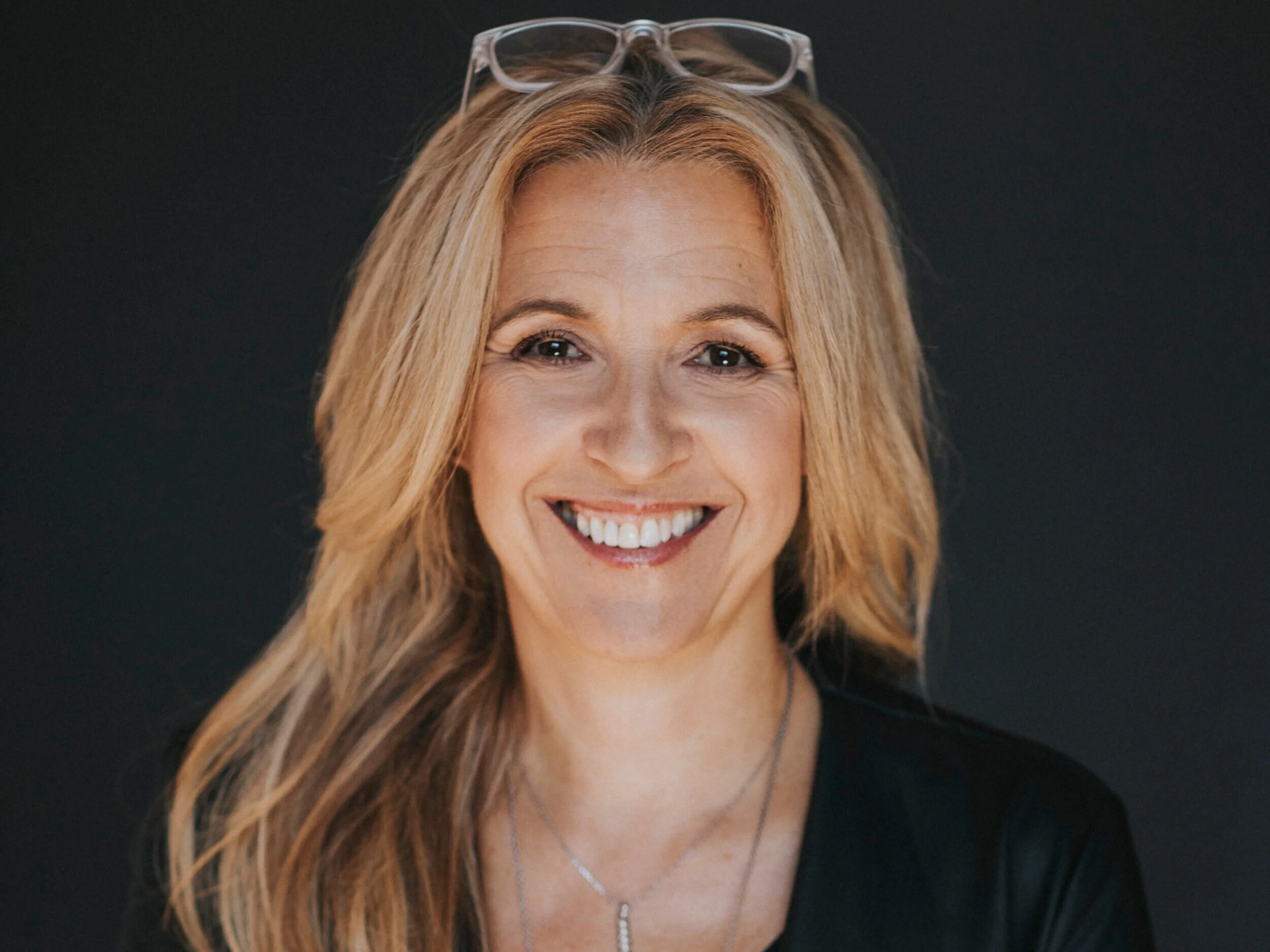Stress. In the midst of a global pandemic, it permeates our lives. Juggling working from home, wrangling children, endless Zoom calls, caring for loved ones, worrying about job security or stocking up on toilet paper and hand sanitizer has left us worn out. Throw in the holidays coupled with the uncertainties of a New Year, and we think it’s time we examined stress through our scientific lens. What is stress? How does it affect our brain and body? And what on Earth can we do to manage it?
About the Speakers
Moderator: Jay Ingram has hosted both the premier radio science program in Canada, CBC’s Quirks and Quarks, and its TV counterpart, Discovery Channel Canada’s Daily Planet.
A prolific author, Ingram has written 19 books, many of which have been best-sellers. His books have been translated into 15 languages. He wrote a science column for The Toronto Star for 12 years, and was a contributing editor to Owl magazine.
From 2005-2015, he was Chair of the Science Communications Program at the Banff Centre. He is also co-founder and board member of the arts and engineering smashup called Beakerhead, which began in September 2013 in Calgary.
In 2010, Ingram was appointed as a member to the Order of Canada for a lifetime of service in science communication. He has also been awarded RCIScience’s Sandford Fleming Medal for Excellence in Science Communication, the Royal Society of Canada’s McNeil Medal for the Public Awareness of Science, the Michael Smith Award (now the NSERC Award for Science Promotion), the Queen Elizabeth II Diamond Jubilee Medal and 6 honorary degrees.
Dr. Sonia Lupien is the founder and director of the Centre for Studies on Human Stress whose mission is to translate stress related research to the general public. She holds the Canada Research Chair on Human Stress.
A scientific researcher for the last 30 years, Sonia Lupien studies the effects of stress on the human brain, from infancy to adulthood and old age. Her studies have shown that children are as vulnerable as adults to stress and that children as young as age 6 can produce high levels of stress hormones. Her studies in adults have shown that stress can significantly impair memory performance and her studies in older adults have shown the effects of stress on the aging of the brain.
Her latest research projects examine the differences between men and women in stress reactions, and she is developing new educational programs on stress in adolescents and workers. For adolescents, her ‘DeStress for Success’ program aims to teach adolescents making the transition from elementary to high school about ways to control stress. For workers, the ‘Stress Inc’ program aims to help workers recognize and control stress using a computer program.
Sonia has recently published a book entitled ‘Well Stressed: Manage Stress before it Turns Toxic’ that aims to help the public better understand stress.
Dr. Jaideep Bains is Professor of Physiology and Pharmacology at the University of Calgary and member of the Hotchkiss Brain Institute. After receiving his PhD from Queen’s University, Dr. Bains was a Human Frontiers Science Program Postdoctoral Fellow at the University of Colorado prior to joining the University of Calgary in 2001. His research seeks to understand how the brain processes, remembers and adapts to stress. Recently, his lab has discovered a mechanism through which stress can be transmitted to others. Dr. Bains is also Past President of the Canadian Association for Neuroscience, a vocal advocate for increased support for science and research in Canada. He is the founder of ThinkBigYYC, a series that increases engagement between neuroscientists and the public.
Dr. Alexandra J. Fiocco is an Associate Professor in the Department of Psychology at Ryerson University and member of the Canadian Consortium on Neurodegeneration in Aging (CCNA). After receiving her PhD from McGill University, she completed two post-doctoral fellowships at the University of California San Francisco, and Baycrest’s Rotman Research Institute.
As Director of the Stress and Healthy Aging Research (StAR) Laboratory, Dr. Fiocco’s research examines predictors of cognitive aging and wellbeing in later adulthood, and lifestyle factors that support healthy aging. Recognizing the potential toxic effect that chronic stress may have on the brain, one of Dr. Fiocco’s current research programs focuses on the practice of mindfulness meditation on indices of stress and wellbeing among family caregivers of persons with dementia.
This year, Dr. Fiocco will be chairing the inaugural Canadian Stress Research Summit, a 3-day virtual conference that will showcase the work of Canadian stress researchers.





